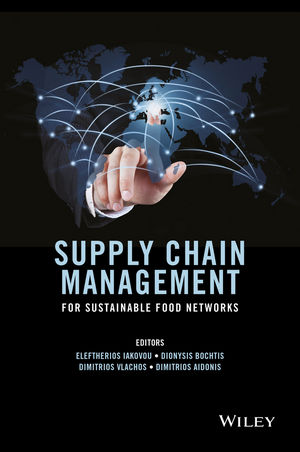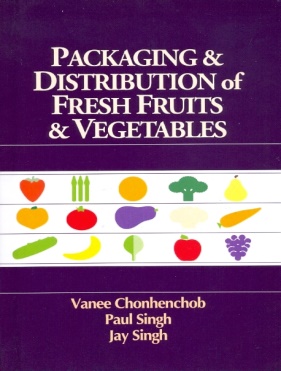Cargill announces commitment to reduce greenhouse gas emissions across North American beef supply chain
BeefUp Sustainability incorporates farmer and rancher feedback gathered through previous projects.

Cargill, Wayzata, Minn., launched BeefUp Sustainability, an initiative committed to achieving a 30% greenhouse gas (GHG) intensity reduction across its North American beef supply chain by 2030.
The opt-in initiative will reduce GHG emissions throughout Cargill's beef supply chain from a 2017 baseline, measured on a per pound of product basis. BeefUp Sustainability is designed to engage a diverse set of stakeholders, including producers, customers and innovators. The initiative will focus on grazing management, feed production, innovation and food waste reduction. The 30% reduction builds on the industry's existing GHG efficiency efforts, and will equate to removing 2 million cars from U.S. highways for a year.
"This initiative builds on the strong environmental stewardship work already led by farmers and ranchers," says Jon Nash, who leads Cargill's North American protein business. "Cargill is creating connections across the entire North American beef supply chain. Together, we can expand current sustainable agricultural practices to make a meaningful difference."
BeefUp Sustainability incorporates farmer and rancher feedback gathered through previous projects.
"We will only be successful if farmers and ranchers are successful," says Nash.
Over the next 10 years, Cargill will work with a range of stakeholders to help achieve its goal.
"Significantly reducing GHG requires change across the entire supply chain," says Heather Tansey, sustainability lead for Cargill's global animal nutrition and protein businesses. "We know the time to act is now, and that agriculture can be part of the solution. We're investing in science-based practices and have identified focus areas that will ensure we have the greatest environmental impact."
As an initial step in the BeefUp Sustainability initiative, Cargill will expand its partnership with The Nature Conservancy (TNC), Arlington County, Va. Already, Cargill and TNC are collaborating on programs such as the Central Nebraska Irrigation Project, which is working to save 2.4 billion gallons of irrigation water over three years — equivalent to the water used by roughly 7,200 households.
"There has been progress over the years across the industry, and there is much more that we can do together," says Sasha Gennet, director, North America sustainable grazing lands strategy at TNC. "We are committed to achieving a productive food system that improves water quality and wildlife habitat while reducing GHGs. Leveraging Cargill's network allows us to drive change at a meaningful scale."
Over the next three years, Cargill and TNC will work hand-in-hand with farmers and ranchers to demonstrate how grazing management planning and adaptive management improves sustainability outcomes related to soil, carbon storage, vegetation, wildlife habitat, water and other ecological parameters. These practices have also been shown to help producers be more resilient during extreme weather events.
In addition, Cargill is sponsoring the Yield Lab Institute's Manure Innovation Challenge as an early step in the BeefUp Sustainability initiative. The challenge will connect startups and companies to create solutions that capture the value from manure-based nutrients, fiber and energy, bringing them to market while creating on-farm profitability. Supporting new ideas for manure management is another way Cargill hopes to further improve the sustainability of beef production.
"We're working every day with farmers, ranchers and supply chain partners to continue to serve as stewards of the earth while achieving greater business results and efficiencies," says Nash.
Looking for a reprint of this article?
From high-res PDFs to custom plaques, order your copy today!







